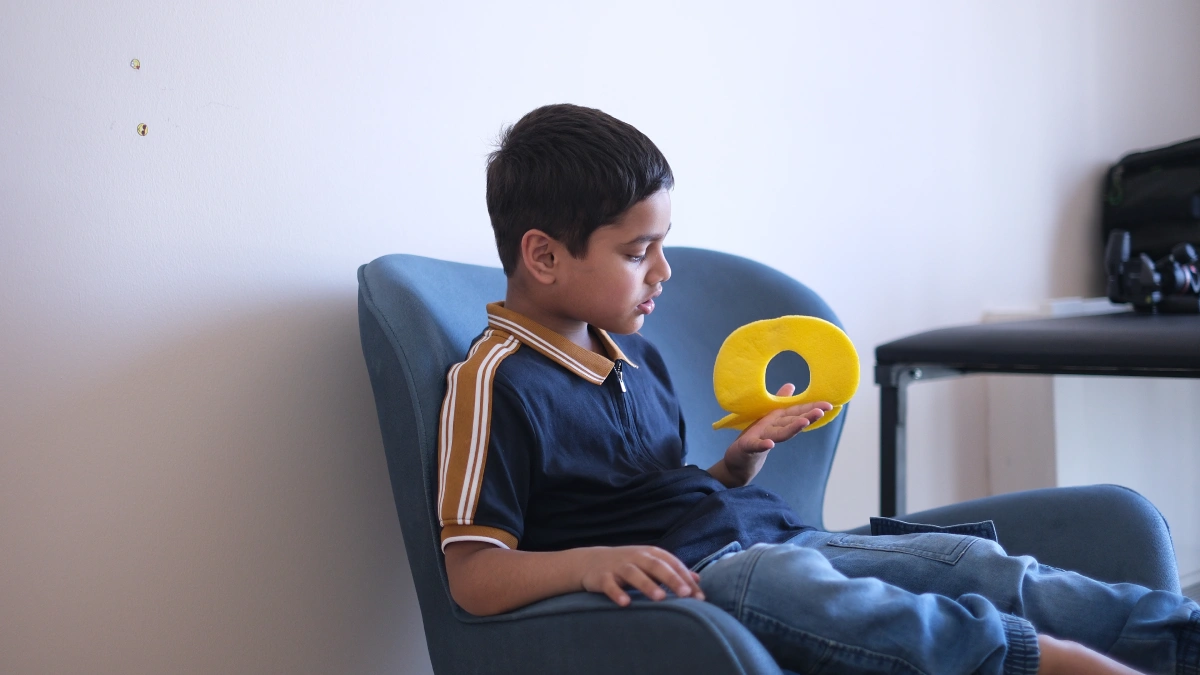Stem cell therapy has emerged as one of the most promising fields in modern medicine. From regenerative medicine to neurological support, the applications of stem cells are vast and continually evolving. For families exploring options for their autistic children, understanding how stem cell therapy works and its potential benefits can be reassuring. This blog delves into the diverse applications of stem cells, shedding light on how they contribute to improving lives.
Table of Contents
Key Points Covered:
• What stem cells are and how they work
• Major applications of stem cell therapy
• The potential benefits for children with autism
What Are Stem Cells?
Stem cells are the building blocks of the human body, capable of transforming into various specialized cell types. They play a critical role in repair and regeneration, making them a valuable tool in treating numerous conditions.
• Unique Properties:
• Stem cells can differentiate into specific types of cells like muscle, nerve, or blood cells.
• They have the ability to self-renew, ensuring a continuous supply of cells for healing and repair.
• Sources of Stem Cells:
• Embryonic stem cells: Derived from embryos and used in research.
• Adult stem cells: Found in tissues like bone marrow and fat.
• Mesenchymal stem cells (MSCs): Known for their versatility and commonly used in therapies.
Applications of Stem Cell Therapy
Stem cell therapy has shown remarkable potential across a wide range of medical fields. Here are some key applications:
• Neurological Conditions:
• Stem cells are being explored for their ability to support nerve regeneration and repair in conditions such as autism, cerebral palsy, and spinal cord injuries.
• For children with autism, stem cell therapy may help reduce inflammation and promote better neurological connections, supporting cognitive and behavioral improvements.
• Regenerative Medicine:
• Stem cells are widely used to repair damaged tissues and organs, helping individuals recover from injuries or degenerative diseases.
• Common examples include cartilage repair for arthritis and skin regeneration for burns.
• Autoimmune Disorders:
• Stem cells can help modulate the immune system, offering relief for conditions like multiple sclerosis, lupus, and rheumatoid arthritis.
• Their ability to regulate inflammation is particularly beneficial in chronic inflammatory conditions.
• Cardiovascular Health:
• In cases of heart disease, stem cell therapy may aid in regenerating damaged heart tissue, improving overall function and recovery.
• Hematology and Oncology:
• Bone marrow transplants, a form of stem cell therapy, are used to treat blood cancers like leukemia and conditions like anemia.
Potential Benefits for Autism
For families considering stem cell therapy for their autistic children, understanding its potential is essential. While research is ongoing, studies suggest that stem cell therapy may offer the following benefits:
• Reduced Inflammation:
• Many researchers believe that systemic inflammation can affect neurological function in autism. Stem cells may help reduce this inflammation, potentially improving overall brain health.
• Enhanced Neuroplasticity:
• Stem cells may support the creation of new neural pathways, aiding in cognitive and behavioral development.
• Improved Communication and Social Skills:
• Families report anecdotal improvements in speech, focus, and social engagement following therapy, though individual outcomes vary.

How Stem Cell Therapy Works at Linden Health
At Linden Health, we specialize in using mesenchymal stem cells (MSCs) to address the unique needs of children with autism. Our goal is to create a personalized treatment plan that prioritizes comfort, safety, and positive outcomes.
• Focus on Individual Needs:
• Every child is unique, and our treatments are tailored to address their specific challenges and goals.
• Safe and Ethical Practices:
• We prioritize the highest standards of care, ensuring the well-being of every patient.
• Global Expertise:
• Families from around the world trust Linden Health for compassionate and effective care.
Conclusion
Stem cells hold transformative potential across a wide range of medical fields, from regenerative medicine to neurological support. For families of children with autism, stem cell therapy offers hope for meaningful improvements in quality of life. By understanding the applications and benefits of stem cells, families can make informed decisions about their child’s care.
Key Takeaways:
• Stem cells play a crucial role in repair, regeneration, and immune modulation.
• Stem cell therapy shows promise in addressing inflammation and neurological challenges in autism.
• At Linden Health, we are dedicated to providing safe, ethical, and compassionate care for every family.
